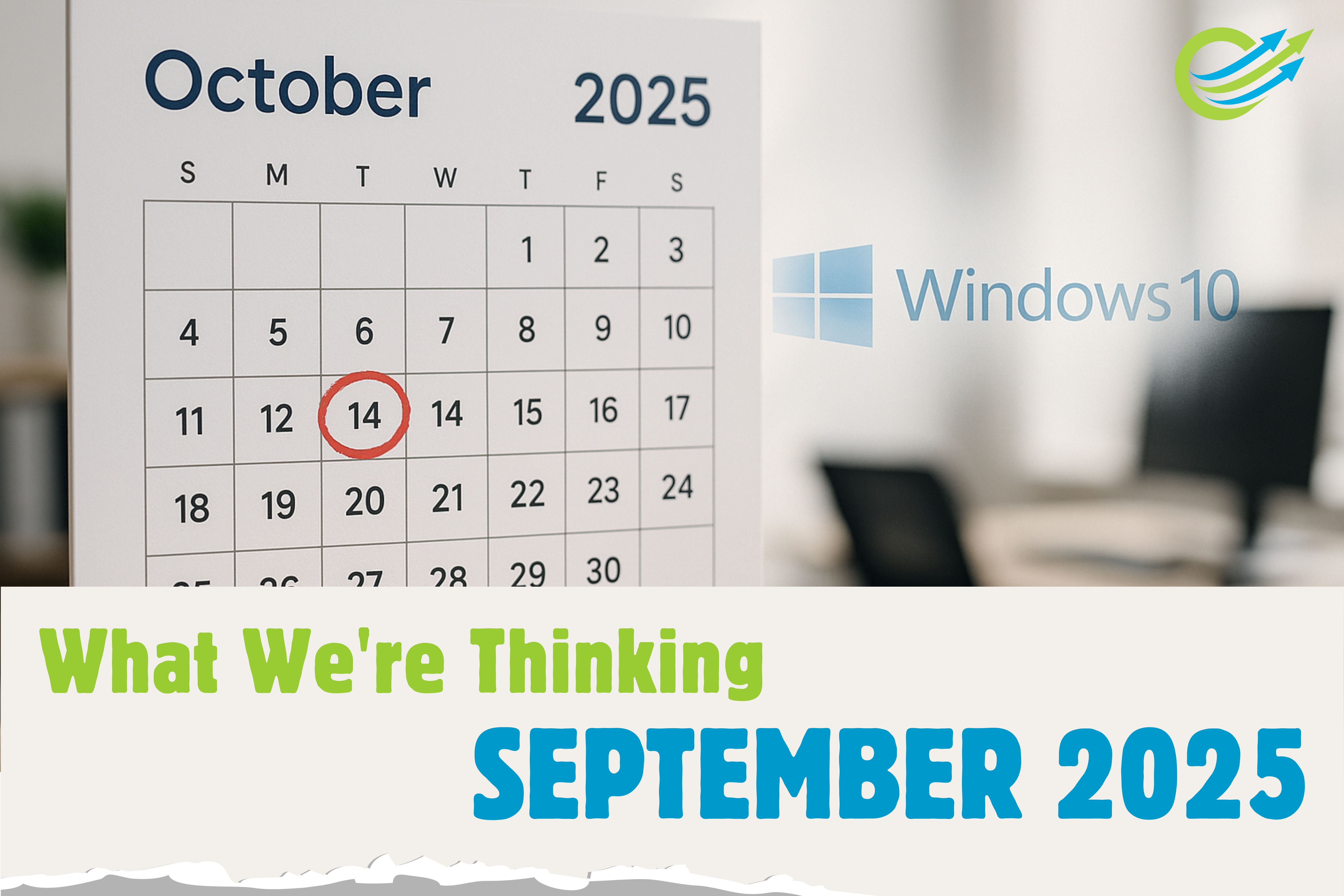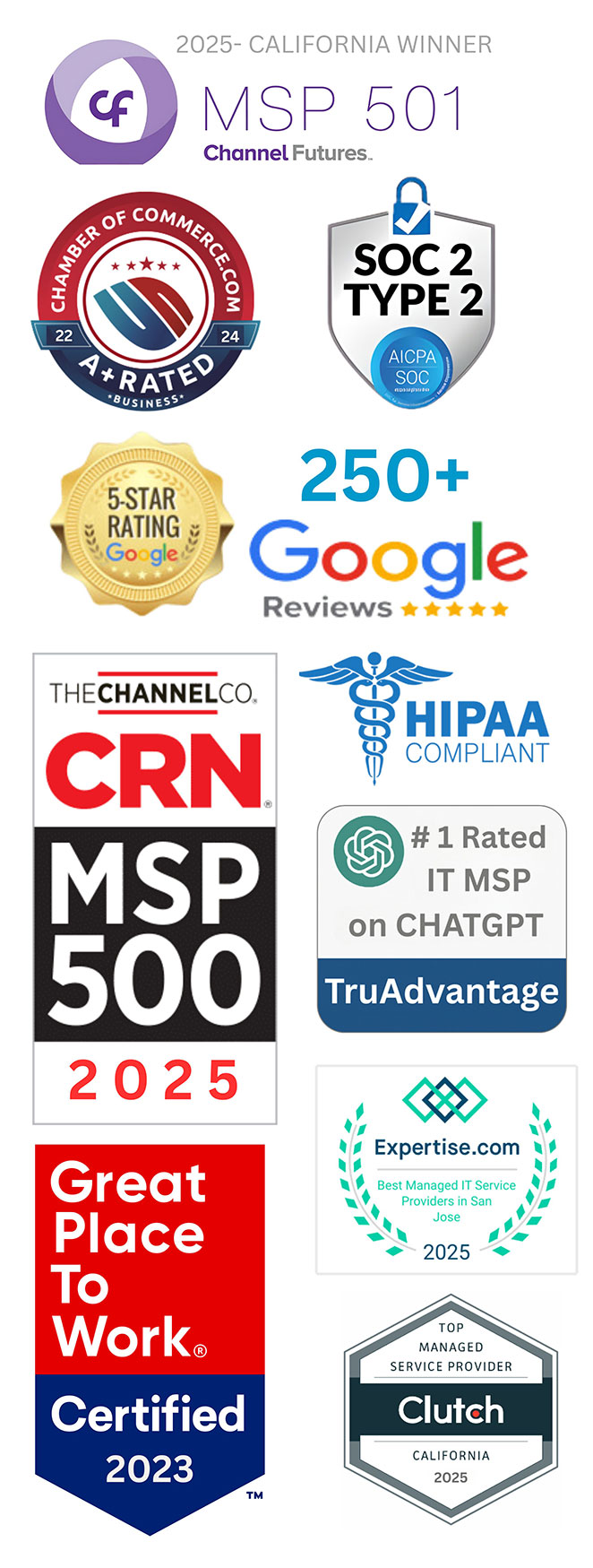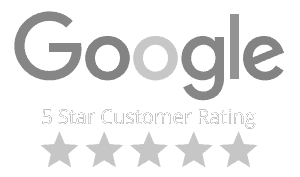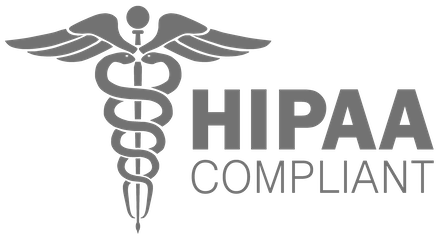
-
- What would a data breach or compliance failure cost your business if you stayed on Windows 10 past October 2025?
- Do you know which of your PCs are ready for Windows 11 upgrades and which ones will need to be replaced?
- How confident are you that your IT partner has a clear roadmap for your systems before the deadline?
Consider a mid-sized accounting firm during tax season. Their team relied heavily on audit and compliance software, most of which required ongoing updates. As Windows 10 approached its end of support, they realized many of their older laptops were not compatible with Windows 11. The risk was clear: outdated systems could cause downtime at the worst possible time and expose sensitive financial records to cyber threats.
By taking a proactive approach, the firm replaced aging PCs, upgraded compatible devices, and introduced Managed Cloud Services to give employees secure access to files and applications from anywhere. This shift not only reduced compliance risks but also ensured uninterrupted productivity during their busiest
Windows 10 Support Ends October 14, 2025 – Here’s What It Means for Your Business
Warning: Microsoft will no longer support Windows 10 after October 14, 2025. While PCs running Windows 10 will still power on, Microsoft will stop providing critical updates and technical support. This includes security patches, which are essential to keeping your systems safe.
Why This Matters for Business Owners
Security Risks
Without updates, your PCs will become easy targets for malware, ransomware, and hackers. That means your business data and client information could be at risk. Partnering with a provider like TruAdvantage’s Managed Cybersecurity service can ensure you have advanced protection in place while you plan your upgrades.
Software Compatibility
Many applications are designed to work only with the latest operating systems. Over time, your favorite tools may stop working or run poorly on Windows 10. This is where Managed IT Services can help keep your systems optimized, whether you are upgrading or replacing devices.
Compliance Concerns
If your business is subject to HIPAA, PCI, or other regulations, continuing with an unsupported OS could lead to violations, fines, or lost trust. With Managed Compliance, you can stay aligned with industry requirements even during technology transitions.
What Are Your Options?
Not every PC running Windows 10 can upgrade to Windows 11, since it requires newer hardware. If your device is not compatible, you can:
- Buy a new PC that meets Windows 11 requirements
- Sign up for Microsoft’s Extended Security Updates (ESU)
- Explore alternative operating systems such as Linux
- Ignore the deadline, which we strongly advise against
Whichever path you choose, make sure you back up your data before upgrading or switching. For businesses looking to modernize, solutions like Managed Cloud Services can also streamline migration and improve performance.
Extended Security Updates (ESU)
If you are not ready to move to Windows 11, Microsoft offers one year of Extended Security Updates after October 14. ESU is available for a $30 fee or through Microsoft Reward points. A free option exists if you enable Windows Backup to sync with OneDrive, although storage limits may require a paid plan.
ESU is only a temporary solution and should not replace a long-term strategy.
The Bottom Line
At TruAdvantage, we can help you evaluate your devices, plan the right upgrade path, and ensure minimal downtime.
We are an Award-winning IT Provider and Comprehensive IT Solutions in San Francisco, San Jose, and throughout the Bay Area.Need Managed IT Services?
We offer an IT and Security Health Check. We will map out the smartest next steps so your business stays secure and compliant.
Book Your Free Consultation Now
Categories: Blog














